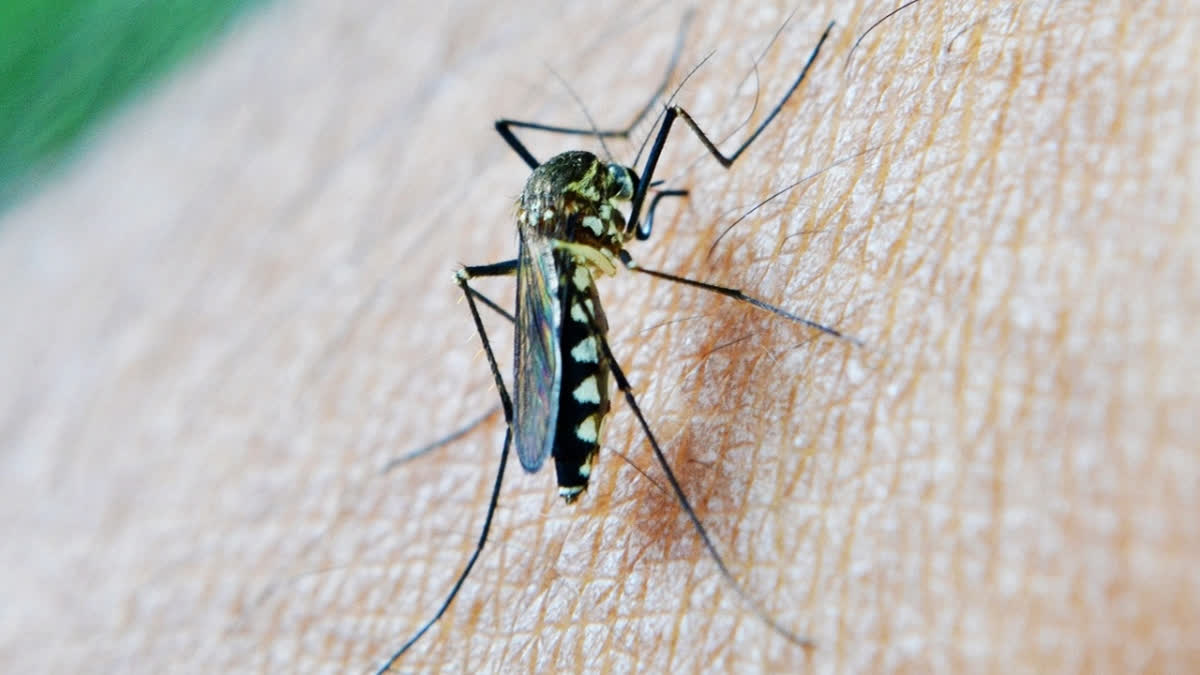New Delhi: Researchers have identified compounds in the leaves of a traditional medicinal plant found in the US and Canada that they say could help fight the parasite responsible for malaria. The study, published recently in the journal ACS Omega, shows that a component found in Labrador tea - multiple, closely related plants of the genus Rhododendron - acted against both strains of the malaria parasite.
These are small, evergreen shrubs with fuzzy leaves that, are steeped to make herbal teas commonly used by the indigenous regions in the US and Canada, the researchers said. Past studies have shown that essential oils extracted from the plants have antimicrobial properties, which could help fight antibiotic-resistant microbes, they said.
Also read:Pandemic stress found to have impacted placentas of pregnant women
Researchers from the University of Laval, Canada and colleagues wanted to characterise the makeup of Dwarf Labrador tea, or Rhododendron subarcticum, for the first time and test its antiparasitic activity. The team gathered R. subarcticum leaves from Nunavik, a region in northern Quebec, Canada. The researchers extracted the essential oil from the leaves and analysed it with gas chromatography, mass spectrometry and flame ionisation detection, to identify 53 compounds.
They found that 64.7 per cent of the oil was comprised of ascaridole, followed by p-cymene at 21.1 per cent. This combination of compounds has not previously been reported in closely related North American Labrador tea varieties, though it has been found in subspecies originating in Europe and Asia, according to the researchers.
The team exposed two strains of Plasmodium falciparum, a malaria-causing parasite, to the oil or to just ascaridole. In the experiment, one of the strains was resistant to known antimalaria drugs. The study found that ascaridole was primarily the component that acted against both strains of the parasite, which is consistent with other, antiparasitic traditional medicines also rich in the compound. The finding bolsters the importance of investigating and protecting plants used in traditional medicines, especially those from harsher climates impacted by climate change, the researchers added. (PTI)
